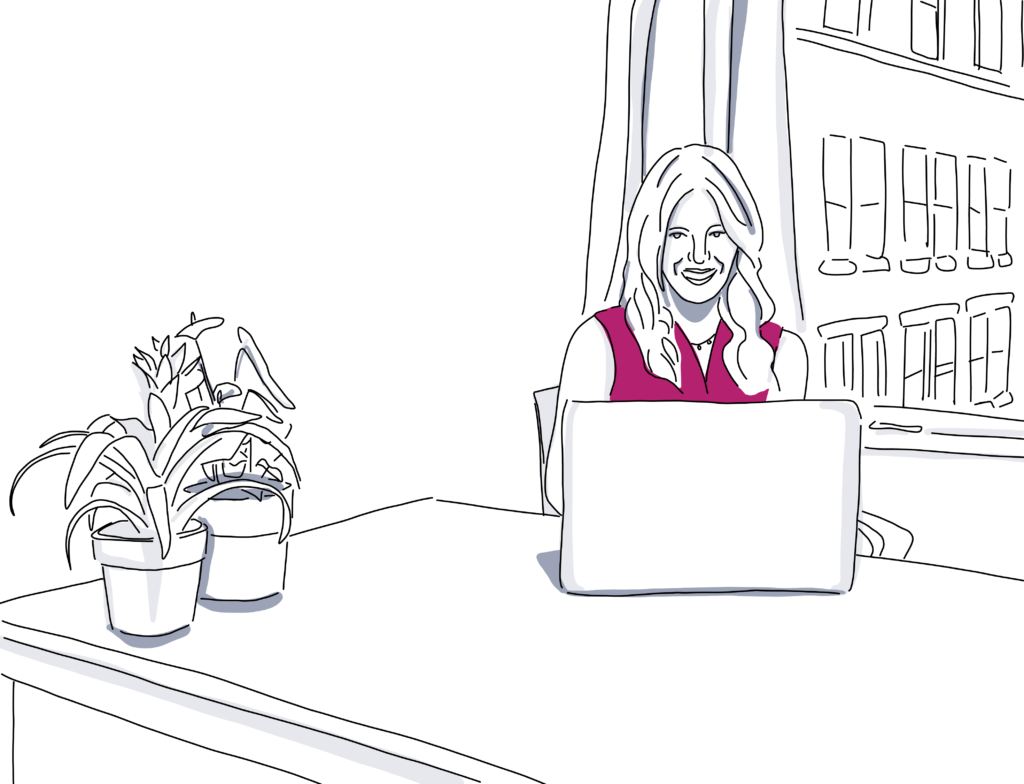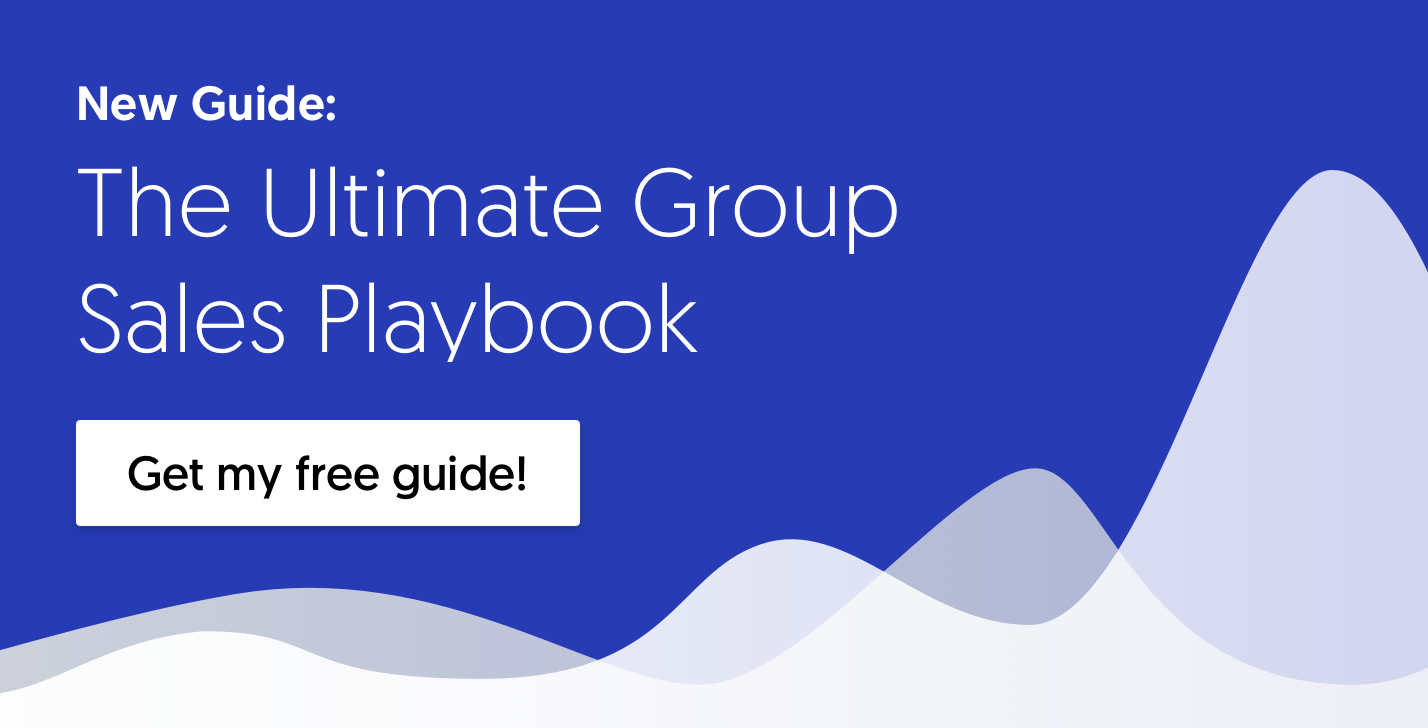
How Hotels & Planners Can Fix the RFP Process
Recent advances in Request for Proposal (RFP) technology present a double-edged sword for hotel sales teams. On the one hand, a stream of requests coming in from around the country is a wonderful source of new leads for hungry sales teams. On the other hand, the sheer volume of requests of varying quality and relevance can leave sales teams confused, overwhelmed, and annoyed. So how can sales teams adjust to the new normal of the RFP process and make it work for them?
Through appropriate lead qualification, automation, and strategic thinking, your hotel sales team can harness the power of RFP’s to strengthen the sales pipeline and boost new business.
In the hotel industry, an RFP is submitted by a buyer, which in many cases is an event planner or group organizer. The RFP is intended to clearly outline everything that the buyer is looking for – including meeting space requirements, the length of the event, and the expected number of attendees. It can feel like a waste of time and resources responding to and negotiating an RFP that will never be successful. Instead, find RFP success and save valuable time with smart lead scoring and strategic thinking.
Here are six ways to improve your hotel RFP process:
1. Score leads appropriately.
Your first step to whittling down the overwhelming pile of RFPs arriving in your team’s inbox is appropriately qualifying and scoring those leads. Most Hotel RFP management software can assist with this process.
Hotel RFP management software helps you:
- Quickly assess every incoming RFP.
- Automatically route RFPs to the appropriate sales representative.
- Respond to the RFPs that make sense for your business within minutes.
But software is only as good as the information you feed into it. During quarterly or annual sales meetings, make sure you take the time to identify what your hotel considers a good lead. Qualification criteria will likely change based on the types of events you’re catering to, your audience makeup, changes to the hotel’s meeting space, or strategic hotel goals. You’ll want a good mix of large groups to drive strategic initiatives and smaller events to fill out the calendar, so don’t automatically disqualify leads based on size.
Once you’ve set your criteria, make sure to go back to it and optimize. Most software can continually adjust criteria and the weighting given to each, allowing them to adapt to changing business needs. For instance, a hotel that is behind pace for the year may want to give higher priority to RFPs for large, valuable events that require guest rooms, meeting space, catering, and audiovisual equipment. A hotel with a midyear lull, meanwhile, may focus more on dates to find events that will fit into the slow period.
2. Make the right first impression.
It’s a given that planners will head to your website and other online profiles to check out your hotel. You can get ready for the RFP process and event planner research with great curb appeal, including making sure that frequently asked questions appear right on the events page of your website. Clearly label the information for group bookings, including event space setups, room capacities, food and beverage options, and lots of visuals of past events. Provide answers to frequently asked questions before they show up in the RFP so that planners can identify you as one of their top choices during their research process.
You can also impress event planners with your staff’s professionalism, efficient communication, and well-informed questions. Keep track of past interactions with event planners and group organizers in your CRM so that you’re aware of preferences, past communications, and any special quirks you should account for.
3. Prepare template responses for your most common event types.
If you are prepared for specific types of RFPs, you will be able to respond at a much faster rate. Using software here can help as you can create well-written, thoughtful template responses as well as use dynamic fields that fill in specific account information based on who you are responding to. This will help you with your type of response, how fast you get there and whether you win the business.
For example, many hotel RFP software solutions include standard and customizable templates tailored for specific event types ” a wedding RFP template might include different fields and use different language than a corporate event RFP template. This allows you to respond quickly with the right information.
4. Tailor your response.
It’s no secret that personalization matters in the hospitality industry. The guest experience isn’t the only thing that should be tailored to your guests; the RFP process can also benefit from a dose of personalization. So even if you’re using templates, make sure to personalize your responses and tailor them to the planner and event. Your CRM can provide valuable pieces of information about your past relationship with the planner, any specific requirements they had, or even why you have lost their business in the past.
With so much information already available online, you must be able to provide value beyond what can be found on your consumer website. By integrating your online RFP solution with your sales and catering system, you can create auto-generated and customized proposals that include group-specific details for the business you’re trying to win.

5. Respond quickly
One way to differentiate from the competition is with superior accessibility and follow-up. Certain hotel RFP management tools give you the ability to interact with your clients in real-time. Once a prospect engages with your hotel, subsequent client interaction with the RFP sends an alert so that you’re able to respond almost immediately. This helps engage the client and streamlines the process, ensuring all facts are captured correctly while beginning the sales conversation.
When you drive a high level of customer satisfaction through the sales cycle, you have a better chance of winning the business. Plus, this can ensure that customers not only return but share their experience with their friends and colleagues, helping you generate referral business.
6. Integrate with your CRM to win future business.
Additional value can be gained by leveraging integration between your RFP management software and your sales and catering CRM. Imagine a scenario where your sales team has identified a need for additional group bookings for a block of dates. Because you have access to historical RFP data, you can quickly identify groups that have historically shown interest in your property for this time period. Armed with this information, you can reach out to these groups to inquire about future engagements that can help fill out your bookings during that period.
Or, maybe there’s a particular group you were interested in booking but they signed with a competitor in your market. By fully understanding this group’s needs and expectations based on the RFP data you have preserved, you can create a trace in your sales and catering system to follow up with them for future business.
Want more information about the hotel RFP process?
A Request for Proposal (RFP) is a document sent from a business to a potential vendor to request a proposed cost for certain goods and services. In the hotel industry, RFPs are most commonly submitted to hotels by event planners who are interested in utilizing a property’s space.
A Request for Proposal (RFP) is a request for a formal proposal about the goods and services a vendor would provide to address a potential customer’s needs. A Request for Information (RFI) is simply a request for information about products and services, and frequently precedes an RFP. A Request for Quotation (RFQ) asks for a price quote from a vendor, less information than the typical RFP.
Improve your hotel RFP process today
By leveraging your CRM, automation, and personalization during the RFP process you will ensure a high-quality sales pipeline and more qualified leads.
With all leads stored in a centralized location, your team is empowered to effectively track production, identify areas for growth, and plan for future prospecting.
Take a look at other tips for improving your sales cycle here, as well as the best marketing automation strategies to save you valuable time.

